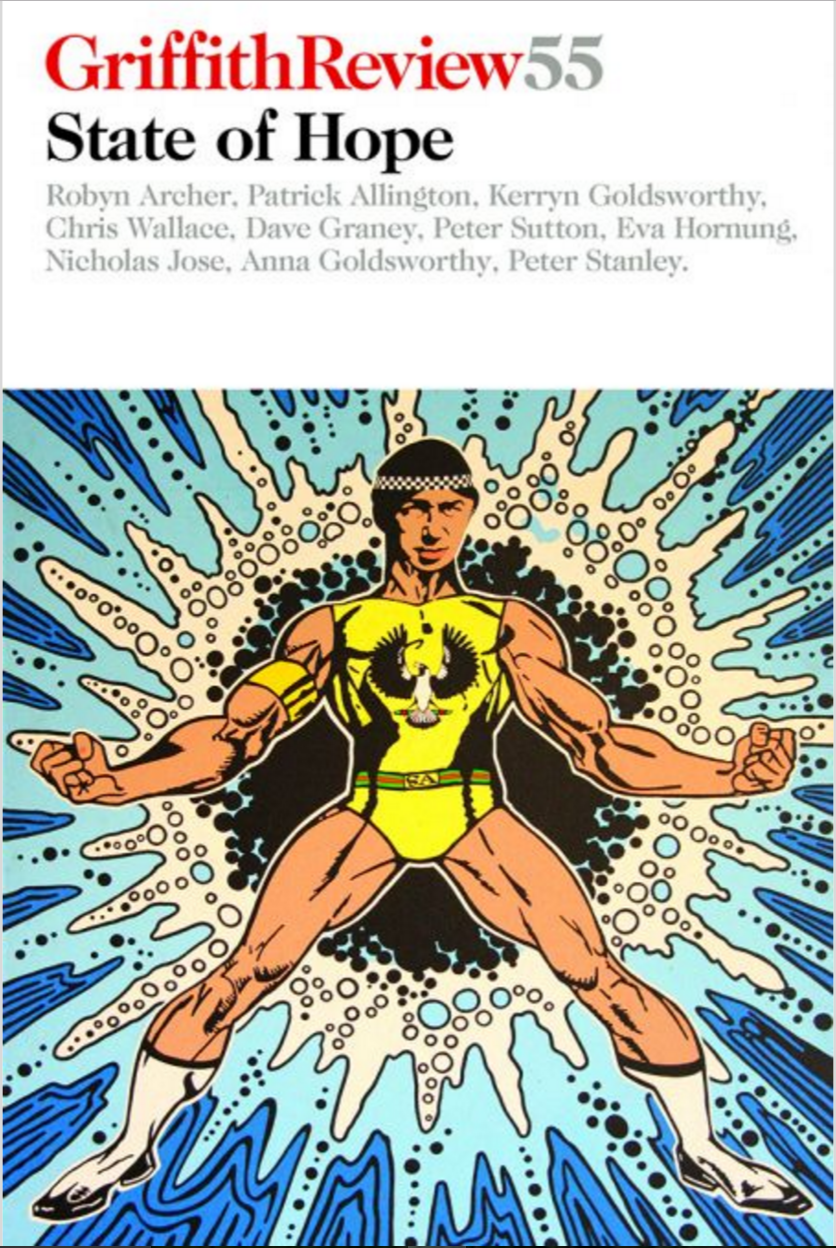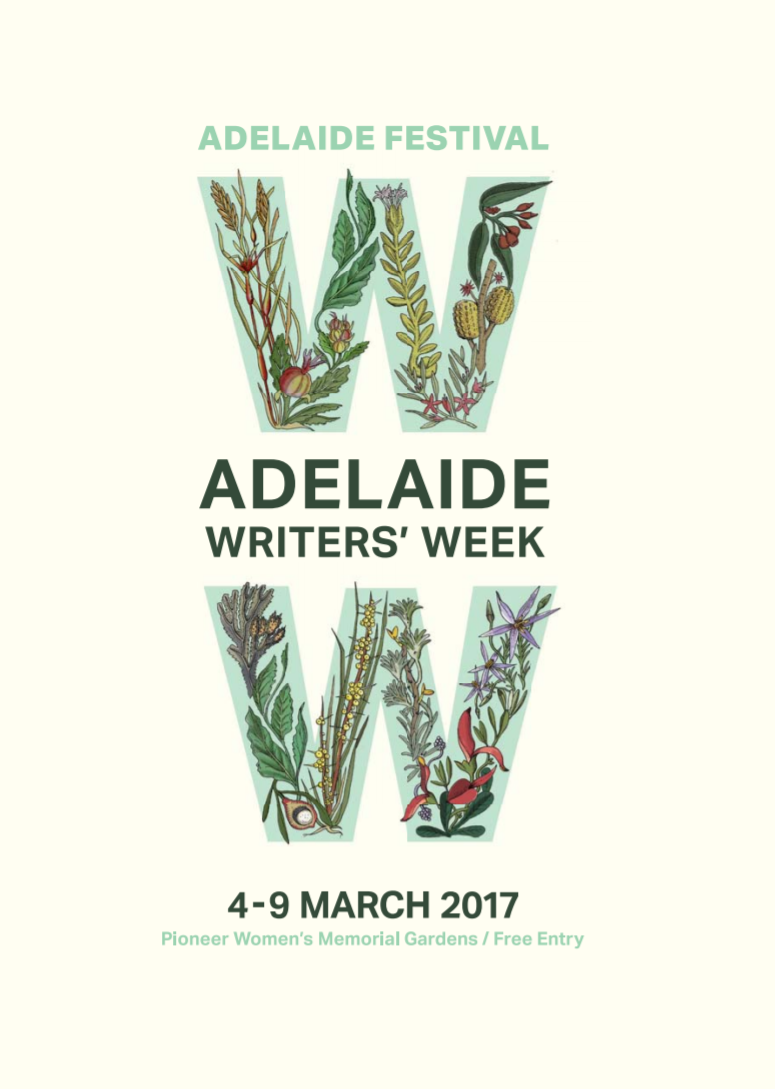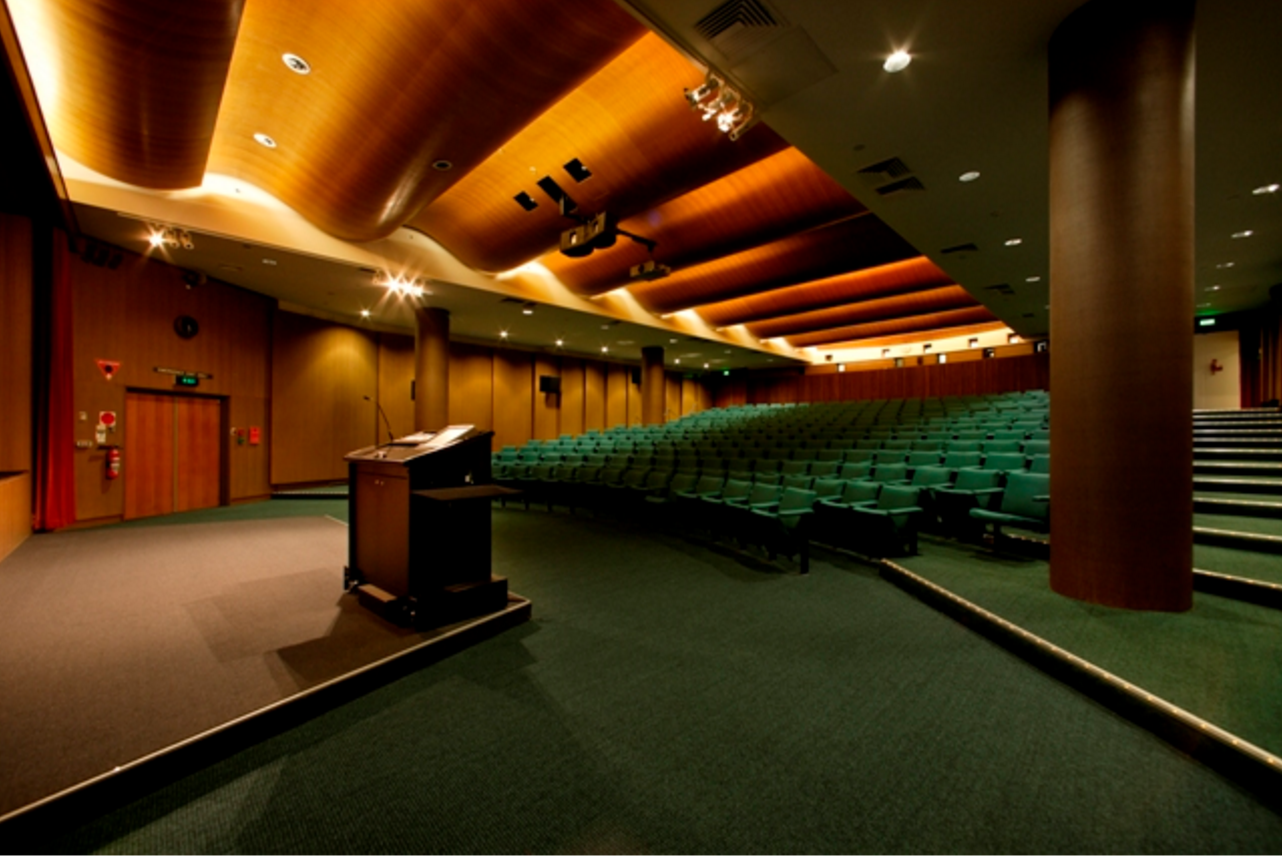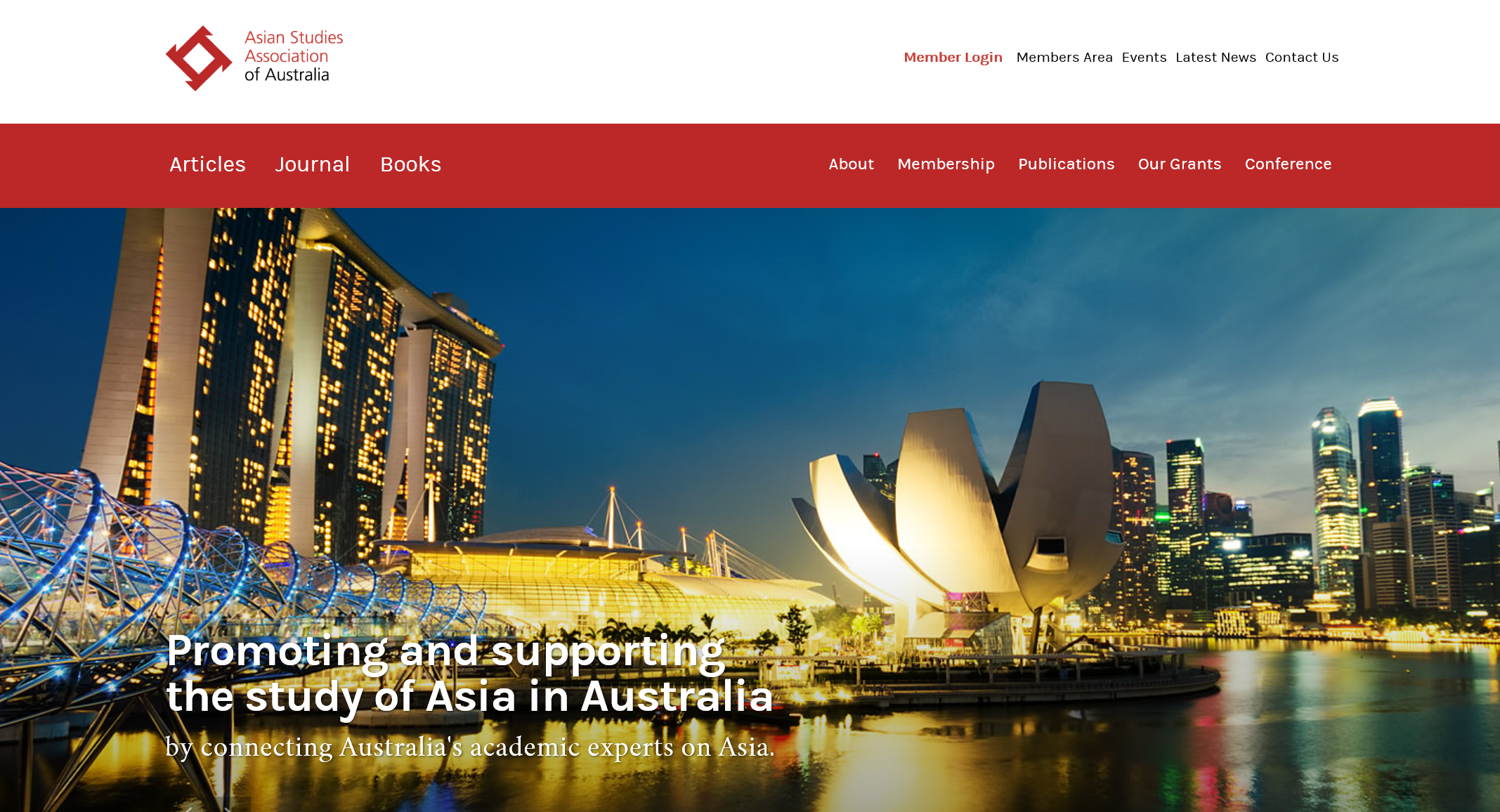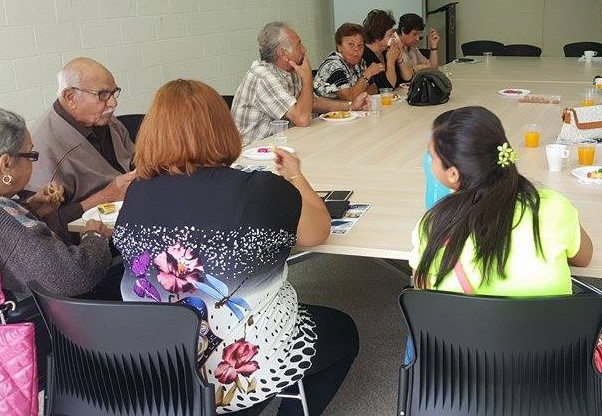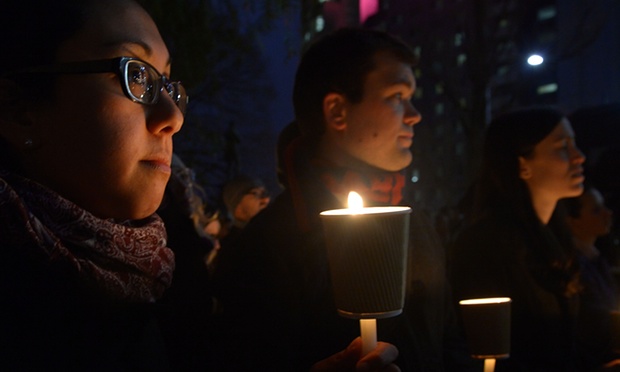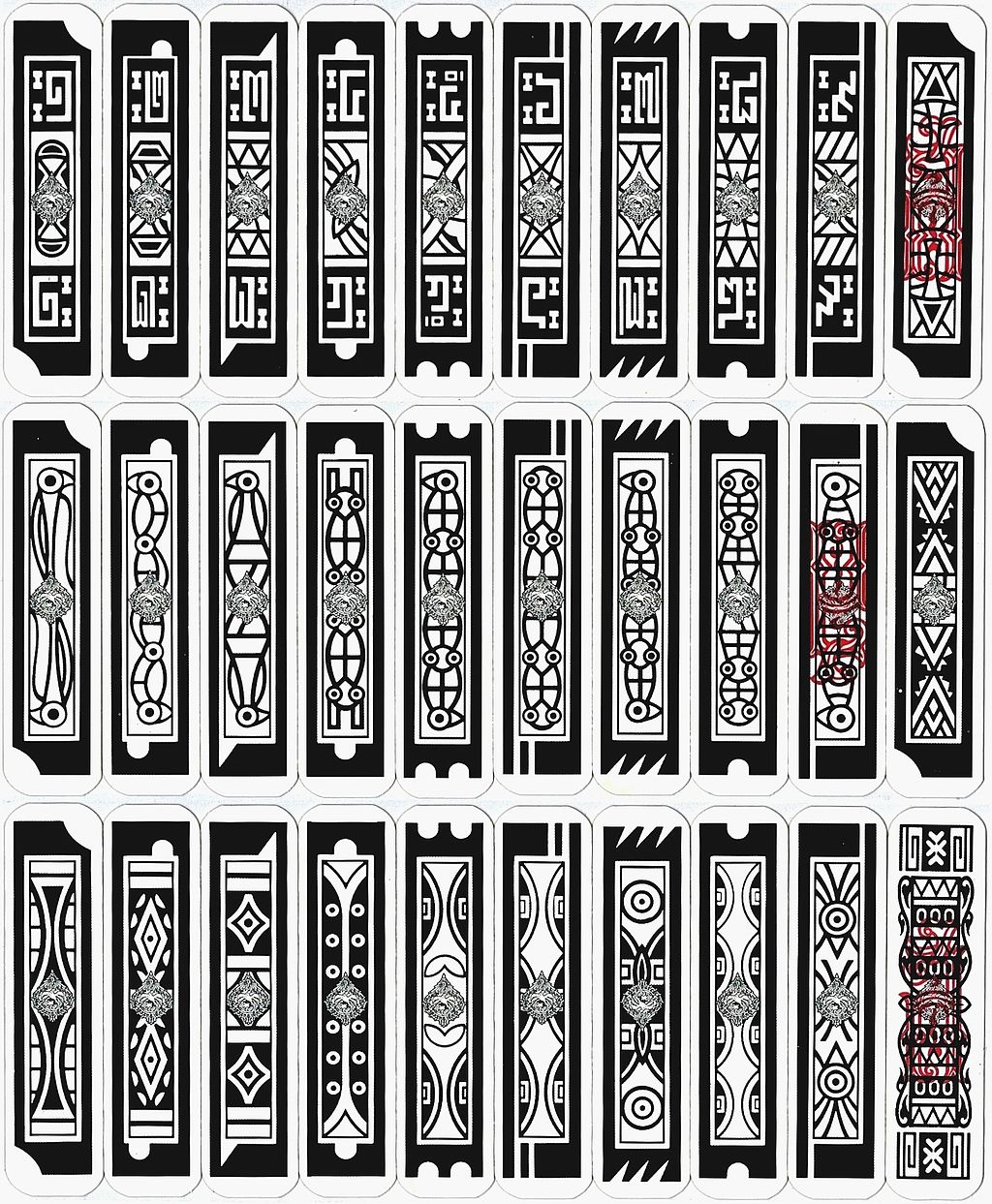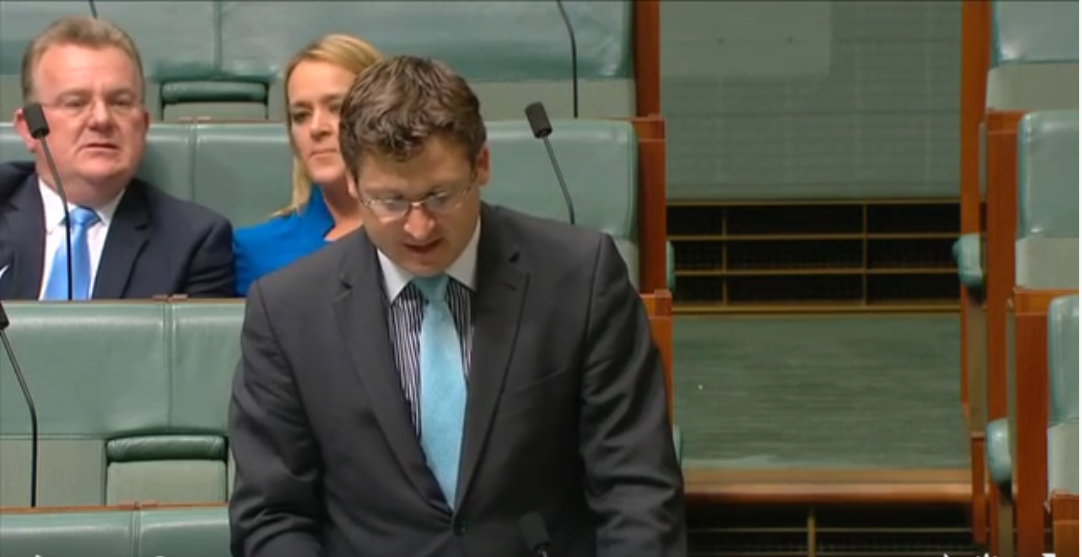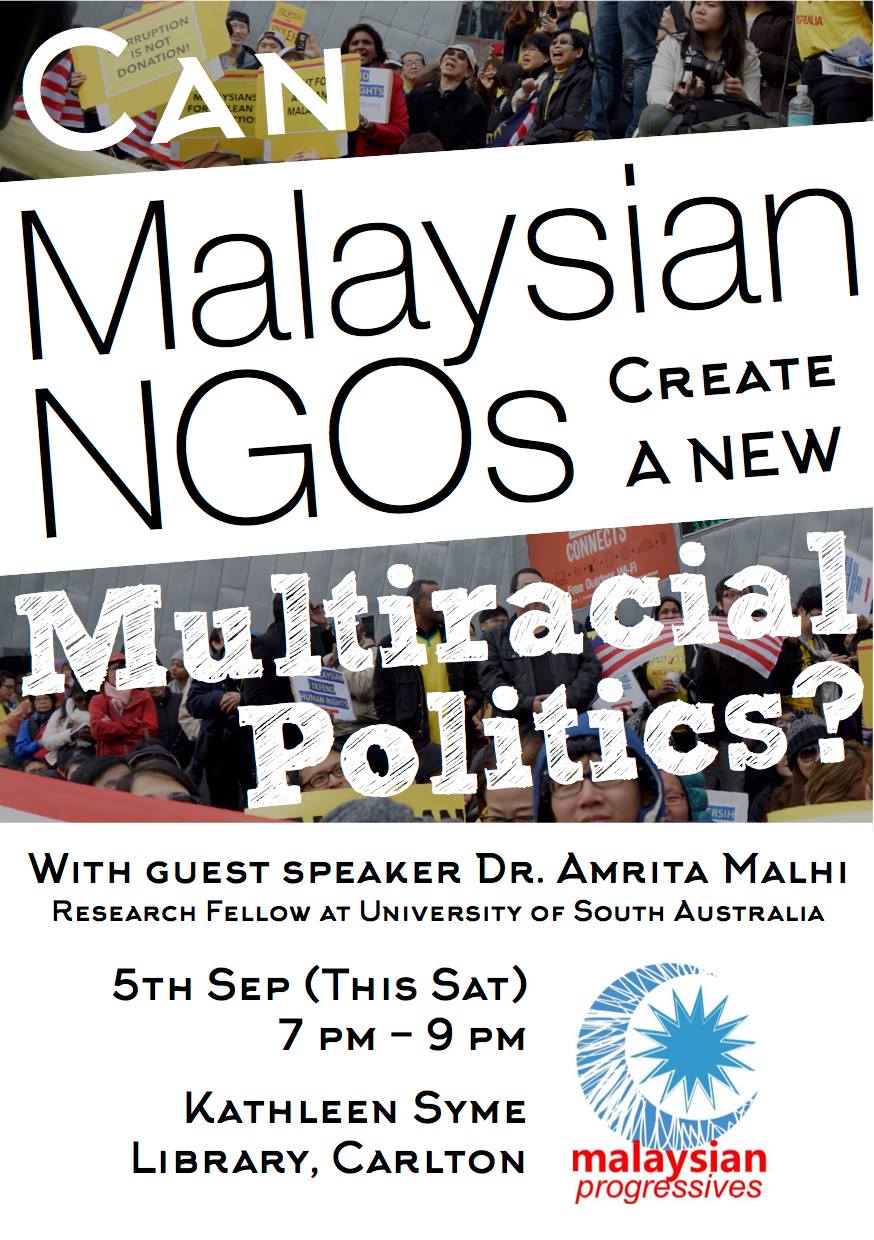Griffith Review has unlocked an essay of mine that it first published in 2017, discussing the South Australian state government’s desire to internationalise SA – both economically and culturally – by stepping up its engagement with Asia. It also explores how well-intentioned, but ultimately clumsy, attempts to be more ‘intercultural’ reveal the government’s lack of cultural fluency and an unhelpful and patronising tendency towards ethnic reductionism.
Intercultural Futures: The Fraught Politics of Multiculturalism
‘SO WHAT? THERE’S no story here,’ the marketing consultant snapped down the phone. ‘I mean, bloody hell, the premier’s forever banging on about Asia, and everybody’s heard it all before.’
Welcome to South Australia, a state working hard to internationalise itself so that it might survive its painful economic ‘transition’ now underway. As part of this effort, Premier Jay Weatherill is, indeed, forever banging on about Asia.
Like other state and federal leaders, Weatherill has made it part of his job to talk up Asian engagement in a way that reflects the region’s transformation over the past forty years. As a result, the word ‘Asia’ now carries new meanings in Australian public debate, shifting from simply a place where cheap goods and workers can be accessed to a place where the world’s new rich also happen to live, ready to buy our stuff and invest in our economy. On a national scale, our economy is already so deeply enmeshed with Asia that the region can no longer really be thought of as ‘foreign’, thanks to increased trade, investment and migration to Australia.
The marketing consultant had obviously written up this sort of thing too many times before. Still, I needed her to do it again. I was convening an event called InterculturAdelaide, a policy outreach day in the Ninth International Convention of Asia Scholars that Adelaide hosted in 2015. I was serving on the conference organising committee as secretary of the Asian Studies Association of Australia.
The government of South Australia had provided strong support for the event, via direct grants and indirect subsidies, and even some help with marketing. The premier spoke on the keynote panel I hosted, and issued a call for South Australians to move beyond a basic passive tolerance for cultural diversity to embrace ‘interculturality’. ‘Citizens of an intercultural society,’ Weatherill said, ‘would be open and outward looking in their orientation to the world.’ They would aim to ‘truly understand different cultures and beliefs’, including with the peoples and cultures of Asia in particular, and ‘seek to engage with these cultures on various levels’. This engagement would underpin not only our successful pursuit of economic goals, but also allow us to develop an ‘ethos’ guiding positive relationships with each other.
The premier, along with others on the state’s political scene, is serious about encouraging such forms of engagement. Nevertheless, a certain economic reductionism can often creep in to the South Australian discussion about Asia – especially in its corporate and bureaucratic registers. This reductionism is directly related to the state’s economic problems, which, for decades, have been accompanied by a demonstrable demographic decline. As part of its campaign to internationalise, South Australia is looking for more new migrants, drawing in part on its international student pool, and is prepared to offer sponsorship in order to retain them. As a result, the fastest-growing migrant groups in this state are Asian, and SA has begun to display a pattern of cultural diversity – along with an increasingly Asian profile – that is broadly similar to that of the nation as a whole.
